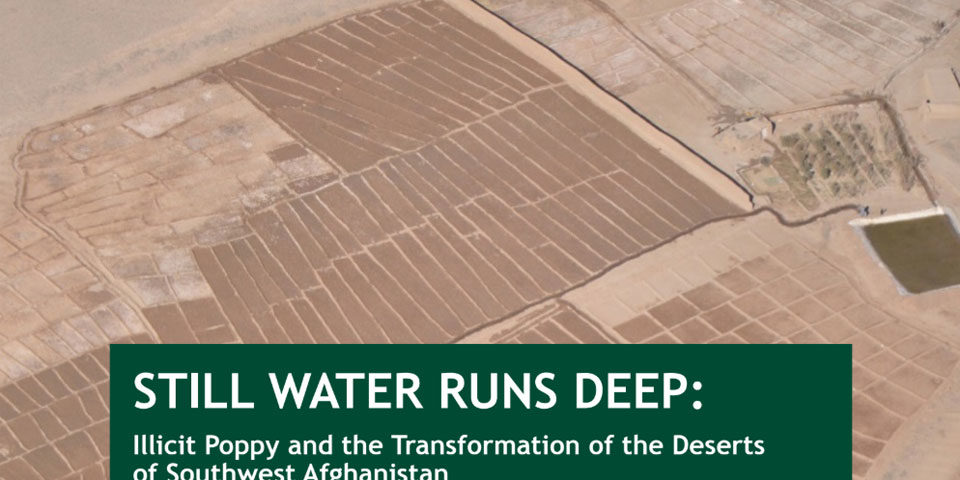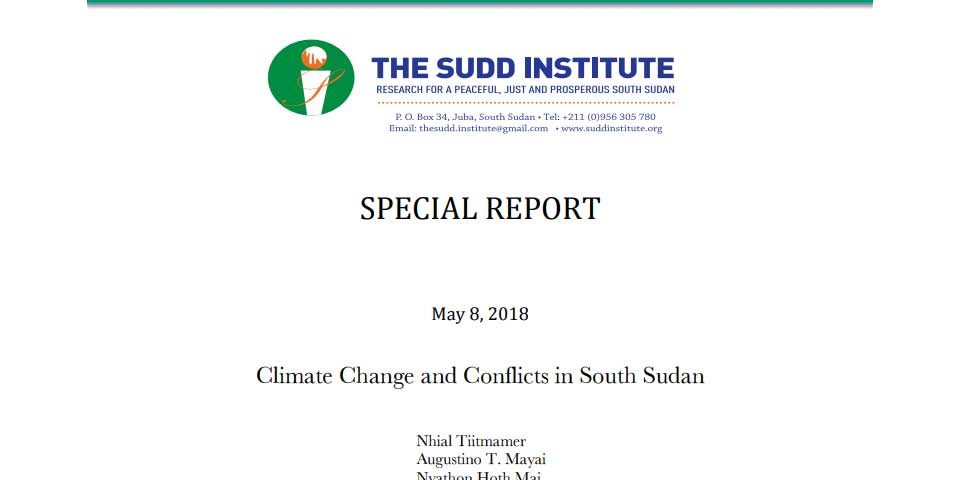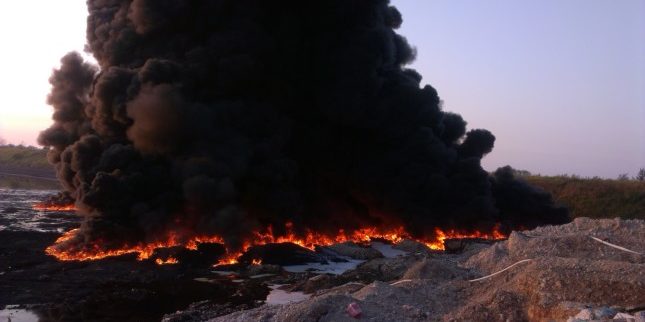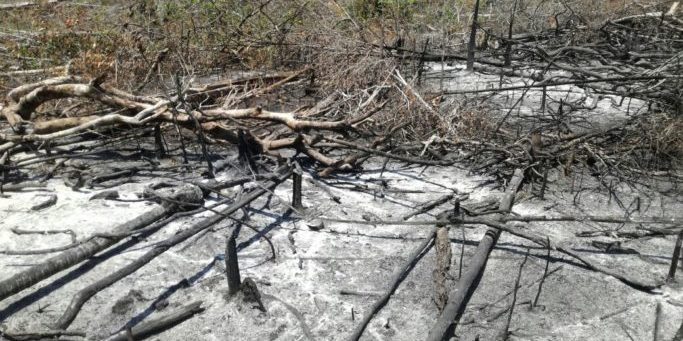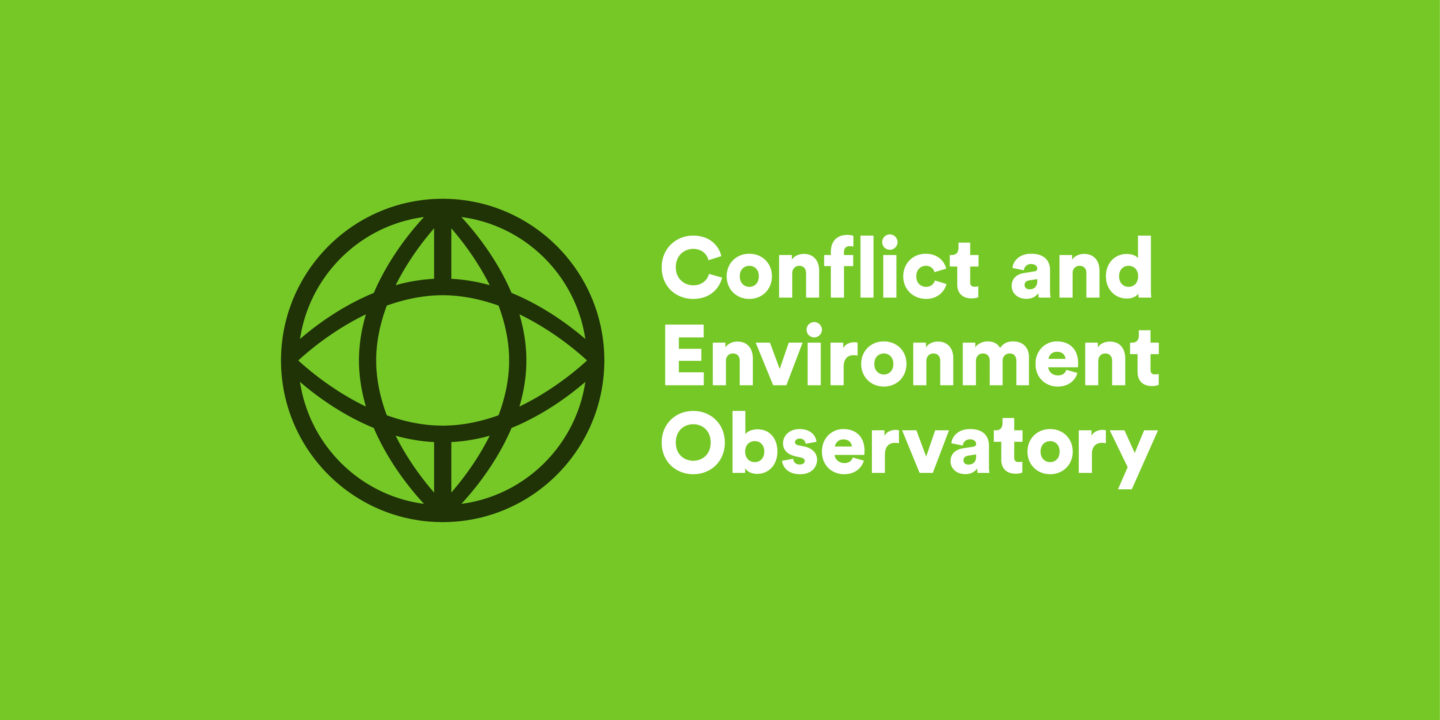Is an ageing oil tanker threatening an environmental disaster off the coast of Yemen?
In March, the Yemeni government called for UN help in dealing with a potentially serious oil pollution threat in the Red Sea. The case has highlighted the wider threat from oil pollution in Yemen’s civil war and the risks it poses to the Red Sea’s ecology.


